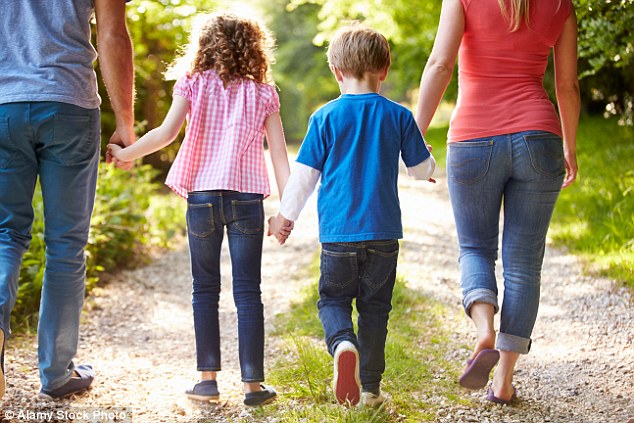
Do you find your family, especially your children, grandchildren and sometimes your siblings getting increasingly frustrated with you because you can’t get their name right? You call them everyone else’s name and sometimes even the dogs. You shouldn’t take it personally or as a sign of old age.
This article from the Daily Mail “Why we sometimes mix up the names of our loved ones” tells us why we do it.
According to a new study from Duke University researchers say \’misnaming\’ is a common cognitive mistake that follows predictable patterns and can even indicate what relationship category you consider your loved ones to be in.
When a person calls a close friend or family member by the wrong name, they aren\’t just blurting a random name. And despite what many believe, it isn\’t a question of aging, the researchers explain. People in the same relationship category are often called by each other\’s names. This means that friends\’ names are mistaken for others\’, or family members are called by the name of another family member.
\’It\’s a cognitive mistake we make, which reveals something about who we consider to be in our group,\’ said David Rubin, a psychology and neuroscience professor at Duke, and one of the authors of the study. \’It\’s not just random.\’
Researchers conducted five separate surveys of more than 1,700 respondents to determine the many ways people mix up the names of their loved ones. The findings even apply to the family dog. Participants in the study reported that they frequently call their family members by the name of their dog, while no other kinds of pets were associated with this type of slip.
\’I\’ll preface this by saying I have cats and I love them. But our study does seem to add to evidence about the special relationship between people and dogs,\’ says Samantha Deffler, a PhD student at Duke. \’Also, dogs will respond to their names much more than cats, so those names are used more often. Perhaps because of that, the dog\’s name seems to become more integrated with people\’s conceptions of their families.\’
The researchers also found that phonetic similarities play a role in misnaming, while physical similarities mostly do not. Names that begin or end with similar sounds, like Michael and Mitchell, are more likely to be confused for each other, as are names that have a common vowel sound, like John and Bob. But, parents will still mix up the names of their children even if they look nothing alike and are different genders.
While this cognitive mistake is often attributed to aging, researchers say that college undergraduates are guilty of misnaming as well.
So if you do mix up your friends and family names it’s not because you are getting old, it’s because you love them.



